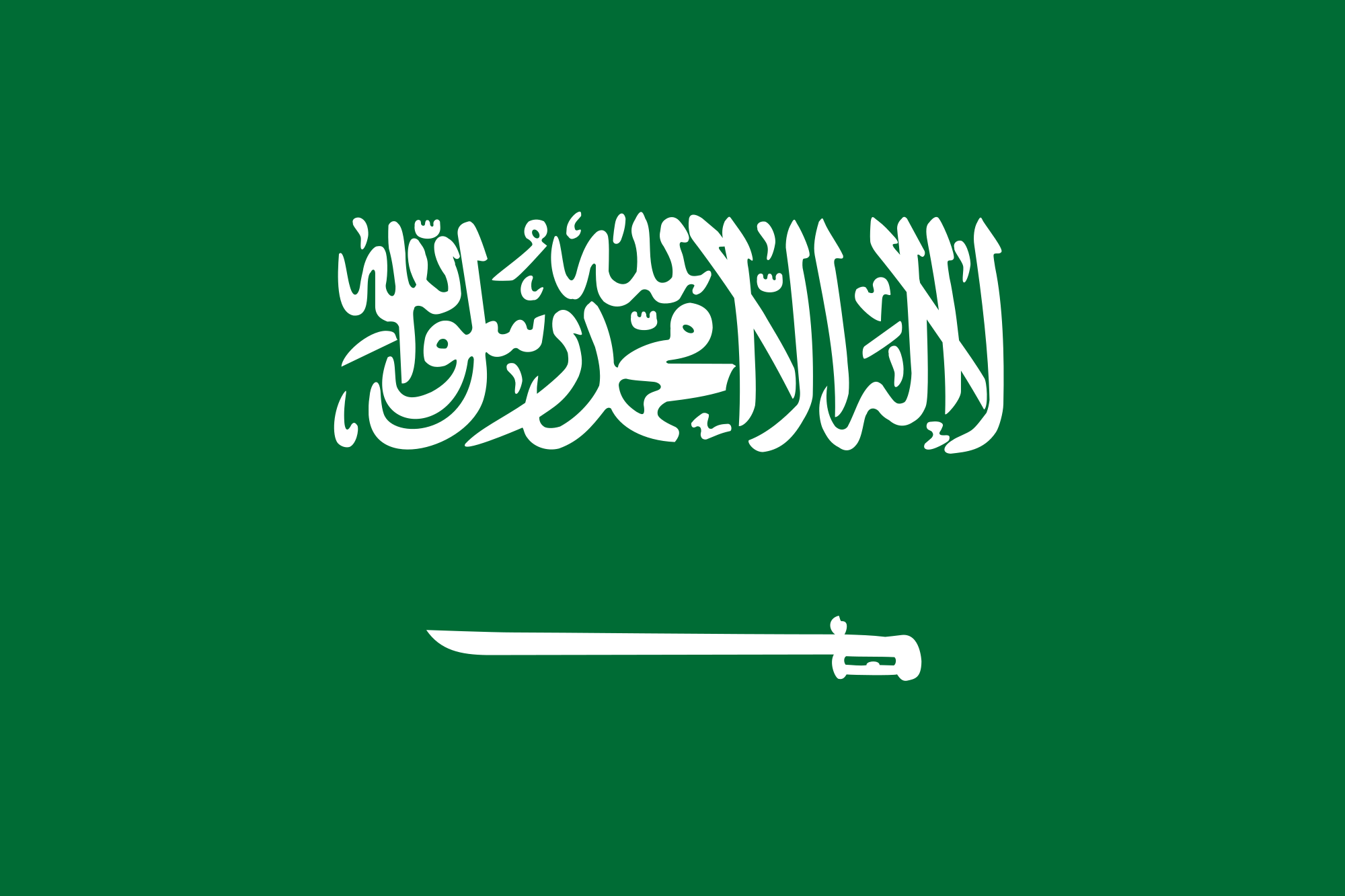Saudi_Arabian flag.svg_.png

Part 2 of 2 Parts (Please read Part 1 first)
On a positive note, it is unlikely that Egypt and the United Arab Emirates will try to develop their own nuclear weapons. Egypt considered a nuclear weapons program under President Gamal Abdel Nasser but rejected it. Since Nasser, Egyptian presidents have made nuclear disarmament a basic part of their foreign policy.
With regard to the UAE, it signed a “123” agreement with the U.S in 2009. This agreement contained an addendum that is now considered the gold standard for such agreements where signatories of such agreements promised not to undertake uranium enrichment and reprocessing that could lead to nuclear weapons development. The UAE was upset by Washington signing the much less restrictive JCPOA with Iran. However, if they went back on their agreement with Washington at this point, it would damage the relationship between the two nations.
One possible way that Saudi Arabia might be persuaded to not acquire nuclear weapons even if Iran does would be for the U.S. to extend its nuclear umbrella to Saudi Arabia. There has been concern in Saudi Arabia lately that the U.S. does not have a strategic commitment to the Middle East. Extending the U.S. nuclear umbrella to Saudi Arabia would help to repair U.S. credibility with respect commitment to peace in the Middle East.
Robert O’Brien is a nuclear security advisor to the U.S. President. He has told the President that continued harsh sanctions and growing political unrest in Iran will force that nation to negotiate with the world community over nuclear weapons development. He said that if the U.S. can get its allies to reimpose the snapback sanctions in the JCPOA, the increased pressure on Iran will bring them to the negotiating table.
Any signatory of the JCPOA has the right to lodge an official complaint that Iran has violated the JCPOA. This, in turn, will trigger the launch of an official bureaucratic process that can result in the reimposition of U.N. sanctions if the complaint cannot be resolved.
Germany, France and the United Kingdom have announced that they will trigger the snapback dispute mechanism following their rejection of Iran’s claim that it was justified in violating the JCPOA because the U.S. has pulled out of the deal. This does not mean that multilateral sanctions will be imposed because the European nations are still trying to get Iran to return to adhering to the JCPOA.
China and Russia have also said that they support a return by all parties to the JCPOA. Unfortunately, their motivations are obviously self-serving. China is the biggest trading partner of Iran. Their bilateral trade has suffered disruption by U.S. sanctions. Russia looks forward to selling weapons to Iran and is fighting the push to extend the U.N. weapons embargo that will expire later in 2020.
The U.S. could make the argument to its European partners in JCPOA that they can aid the U.S. in its dispute with Iran by reinstating multilateral snapback sanction to deliver a final blow to the continued survival of the current regime.